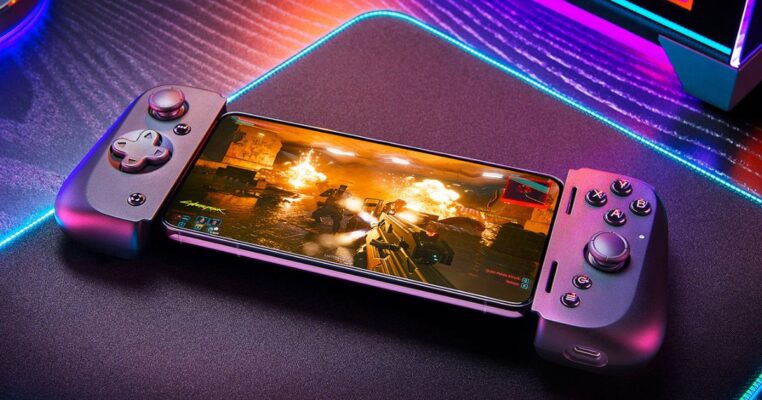In recent years, gaming handheld devices have evolved from mere portable gaming consoles to powerful, multifunctional devices capable of rivaling traditional PCs in certain aspects. As technology continues to advance, the question arises: could gaming handhelds eventually serve as viable replacements for PCs? Let’s explore the capabilities and potential of gaming handhelds in bridging the gap between portable gaming and desktop computing.

The Evolution of Gaming Handhelds
Gaming handhelds have undergone a remarkable transformation since their inception. What once started as simple devices for playing games on the go has evolved into sophisticated platforms boasting high-performance hardware, advanced graphics capabilities, and extensive multimedia features. Devices like the Nintendo Switch, Steam Deck, and various Android-based gaming handhelds have pushed the boundaries of portable gaming, blurring the lines between handheld consoles and traditional PCs.
Powerful Hardware
Modern gaming handhelds are equipped with powerful hardware components that rival those found in traditional PCs. These devices feature advanced processors, dedicated graphics cards, ample RAM, and high-resolution displays, enabling them to handle graphically demanding games and applications with ease. With the ability to run AAA titles and perform complex tasks, gaming handhelds are no longer limited to casual gaming but offer a level of performance comparable to mid-range PCs.
Versatility and Connectivity
One of the key advantages of gaming handhelds is their versatility and connectivity options. Many devices support various input methods, including physical controllers, touchscreens, and keyboard attachments, catering to different gaming preferences and use cases. Moreover, gaming handhelds often feature Wi-Fi and Bluetooth connectivity, allowing users to stream content, browse the internet, and connect external peripherals seamlessly.
Portable Productivity of gaming handheld
While gaming is undoubtedly a primary focus of handheld devices, their capabilities extend beyond gaming alone. With the right software and accessories, gaming handhelds can serve as versatile productivity tools for tasks such as web browsing, content creation, document editing, and multimedia consumption. The ability to switch between gaming and productivity modes makes gaming handhelds attractive options for users seeking all-in-one portable solutions.
Conclusion : gaming handheld
While gaming handhelds may not yet be ready to entirely replace PCs for all users, their growing capabilities and versatility signal a promising future. As technology continues to advance and consumer preferences evolve, gaming handhelds have the potential to become viable alternatives to traditional PCs for gaming, entertainment, and productivity on the go. With ongoing innovation and refinement, gaming handhelds are poised to reshape the landscape of portable computing in the years to come.